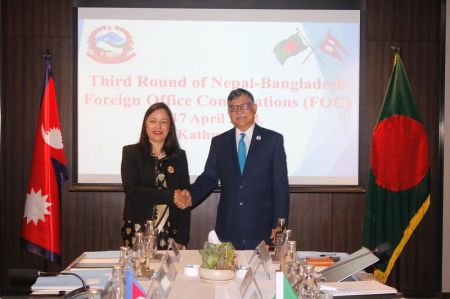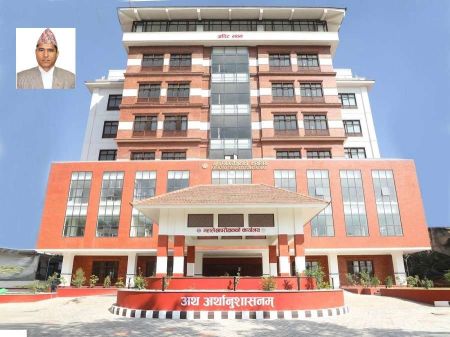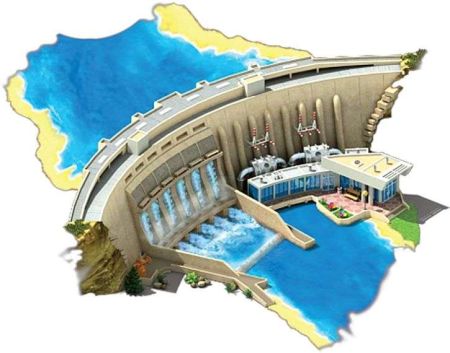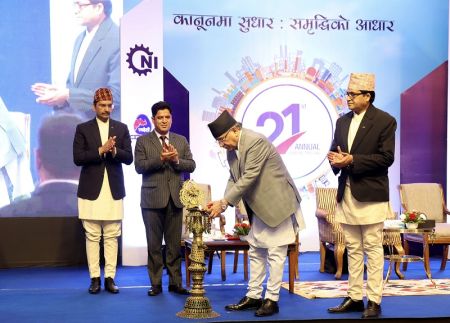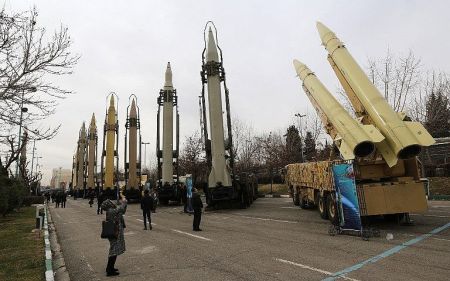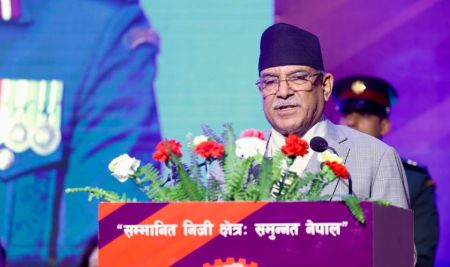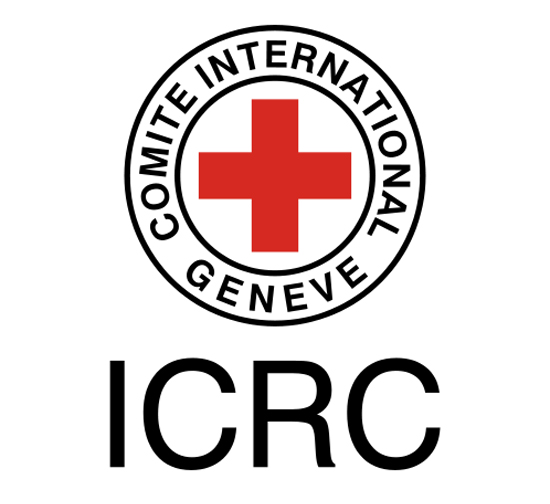
--By Gaurav Aryal
The International Committee of the Red Cross (ICRC) that had greater humanitarian concerns to address during the conflict still remains busy with issues of a post-conflict phase. Sylvie Thoral, the Head of ICRC delegation in Nepal says the ICRC has been helping people and their families affected by the insurgency.
After the armed conflict came to an end with an agreement between the government and the Communist Party of Nepal-Maoist in 2006, ICRC has shifted its focus. Since then, it has been clarifying the fate of missing persons and supporting their families. Similarly, it has been taking action on behalf of people deprived of their freedom, promoting full compliance with International Humanitarian Law and improving medical care for the wounded working closely with the Nepal Red Cross Society.
Thoral says, “The reason why we still operate in Nepal is very much related to the persistence of a certain number of humanitarian concerns related to the past conflict. There are humanitarian consequences particularly in relation to families of the disappeared whose whereabouts are still unknown.”
.jpg) ICRC for Missing People
ICRC for Missing People On the occasion of the International Day of the Disappeared People, on August 30, ICRC and the Nepal Red Cross Society published names of 1360 people who went missing during Nepal's decade long internal armed conflict (1996-2006). Along with listing the names of missing people, ICRC also publishes names of people who went missing but have now been confirmed dead. “The families have been informed but they are still waiting for information on where their loved ones were buried,” Thoral adds.
During the programme, Dev Ratna Dhakhwa, the Secretary-General of the Nepal Red Cross Society said, "We feel the pain of the families of missing people and are doing everything possible to support this humanitarian cause." The Nepal Red Cross has been involved with the publication of names from the outset, updating and recording the list of missing people in close cooperation with the ICRC.
Emergency Management
Among various activities on disaster preparedness and emergency management, recently, ICRC and Dhulikhel Hospital of Kathmandu University jointly organised an emergency-room trauma course from 18 to 21 September. More than 20 doctors attended the course that aimed to enhance and complement the skills of doctors in managing emergency trauma cases.
Thoral, says, “Expanding the capability of medical professionals to deal with trauma cases is crucial in Nepal – especially since the country is earthquake-prone, does not have enough medical facilities and runs the risk of an overwhelming number of casualties in the event of such a disaster.” The ICRC has already organised seven courses of this kind in Nepal. Over 140 doctors and specialists from 60 hospitals have completed the course successfully, according to ICRC. Similarly, the organisation plans to hold two more such courses in 2013 with the aim of reaching 60 doctors working in government hospitals from all regions of the country.
According to Thoral, ICRC is involved in areas related to emergency response where the Nepal Red Cross takes initiative in activities such as first aid trainings, disaster management and management of trauma cases in medical structures. ICRC also partners with local actors as well as security forces as they are the first responders during the time of disaster.
Adaptation to Changing Scenario
Some of the programmes designed during the conflict period have been modified to suit the current situation. According to Thoral, war surgery workshops have been adapted to address trauma injuries and accident cases. The courses are designed for medical personnel working in emergency wards in medical centres across the country. Likewise, disaster and emergency management is done through Nepal Red Cross Society (NRCS) and ICRC is not directly involved in those activities.
Apart from humanitarian activities, ICRC has also contributed to policy making for dead body management. “We contributed to the national guideline on dead body management that has been drafted and endorsed by the Ministry of Home Affairs last year,” says Thoral.
Budget and Transparency
According to Thoral, the global budget of ICRC is a little less than US$ 1 billion and budget for Nepal activities is between US$ 3 to 3.5 million. She says that the largest operation of ICRC in this region is in Afghanistan and Pakistan. The budget for Nepal is dedicated to support programmes for the families of missing, disaster and emergency management programmes and capacity building of NRCS.
Planning an Exit?
ICRC has limited its activities in the post-conflict period. Thoral hints that the ICRC may not exit from the country but most of its activities will be carried out by Nepal Red Cross Society. Its plans are confined to remedial actions to address humanitarian consequences for the family of the missing and emergency management preparedness for Nepal.
Thoral explains, “We have already adapted to the changed and programmes are no longer the same as they used to be in the past. We are not a development agency and we have done whatever we could to respond to these needs.” She says that ICRC is committed to assist Nepal in case of any big problems in violence and disaster through its Red Cross movement. “We will be here with Nepal in difficult times if such times would return which I honestly do not hope for,” says Thoral.









